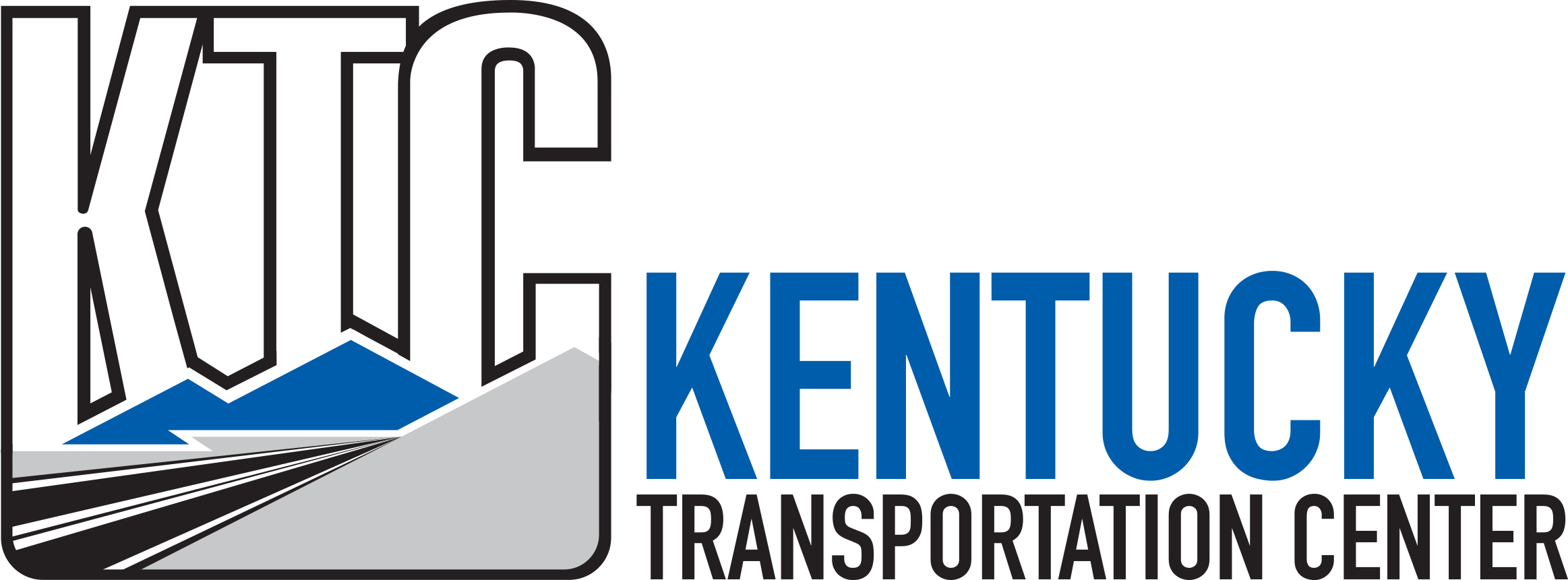Abstract
This report describes the findings of a preliminary review of the workforce needs of the inland waterways industry, which currently confronts a human resources crisis and must recruit more people who can work their way up to the skilled positions on towboats. The looming surge in retirements will present a significant hurdle—especially as its large cohort of baby boom river pilots and captains reach retirement age. The industry will need to recruit, train, and retain competent personnel for a very demanding and important set of jobs. While many people can handle the tasks of a deckhand, only a minority will have the requisite combination of spatial relations aptitude, leadership, technical and social skills that it takes to perform effectively as a pilot or captain on the inland river system. Two basic conclusions were drawn from our interviews with industry experts: (1) the rivers present a dangerous and cognitively challenging environment in which to work; and (2) the more demanding jobs on the rivers are best filled by conscientious people who can work well with others and have sufficient cognitive ability to cope with the safety and other challenges that arise with some regularity.
During research on job performance, it was found that cognitive ability is the best predictor of job performance and especially so in the more complex jobs. To be sure, piloting a barge tow is a complex task. Serving as captain is even more so. Clearly the jobs above deckhand require more cognitive ability and more capacity for leadership. Thus, only a subset of those who succeed as deckhands can move on to the more complex and difficult positions of mate, engineer, pilot or captain. We found that the military relies on a test of cognitive ability to ensure that all its recruits have measured intelligence in the normal range or above. The military also wants a high school diploma. Combined, these two screening devices improve the recruit’s odds for success in the armed forces. Thus, this study concludes that the average veteran with an honorable discharge is more likely to have the traits conducive to occupational success in the more complex occupations on the rivers. Given this reality, the industry can profit from devising new methods for reaching out to veterans, many of whom have little or no knowledge of the numerous benefits of a career on the rivers.
Report Date
10-14-2013
Report Number
KTC-13-19/UTC005-12-1F
Digital Object Identifier
http://dx.doi.org/10.13023/KTC.RR.2013.19
Repository Citation
O'Connell, Lenahan and Brock, Timothy J., "Workforce Assessment of the Inland Waterways Industry: A Survey of Current and Future Training and Personnel Needs" (2013). Kentucky Transportation Center Research Report. 317.
https://uknowledge.uky.edu/ktc_researchreports/317



Notes
© 2013 University of Kentucky, Kentucky Transportation Center
Information may not be used, reproduced, or republished without our written consent.